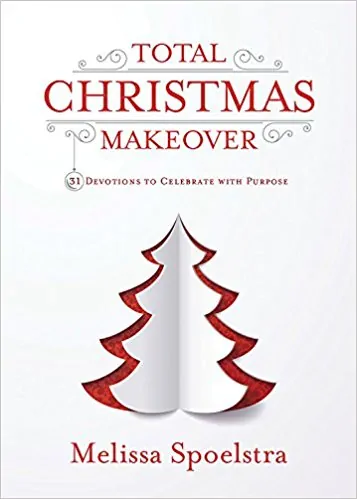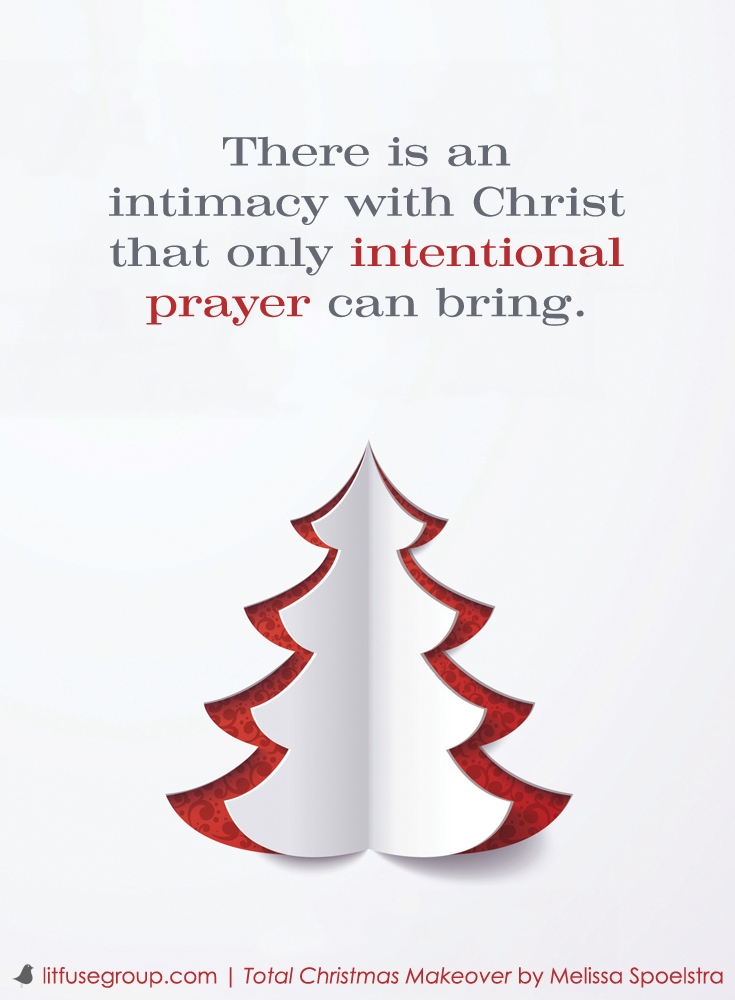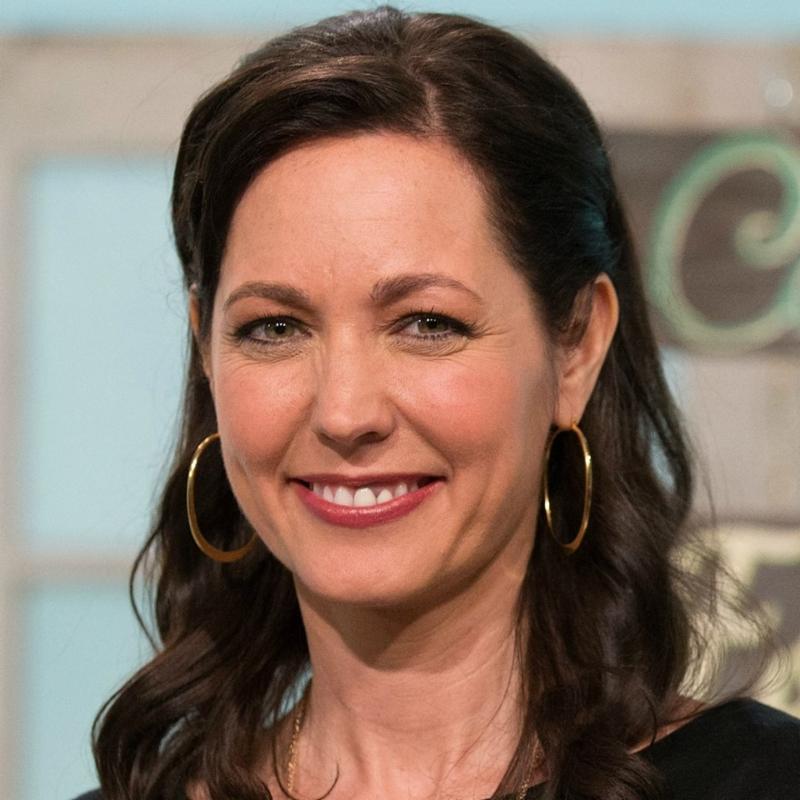This post may contain affiliate links. Read my disclosure policy here.
Elizabeth here… I spent 6 years living in a developing country where it seemed no one outside of my own house even knew it was Christmas. Inside we had presents and a tiny tree and Christmas carols on the stereo; outside there was noise and dust and people living their daily lives. The nice thing was that I could send my husband out to the local French bakery to bring us fresh pain au chocolat for Christmas breakfast, but overall I hated it. I missed the lights, the concerts, the music; I hated that the only presents available for my kids were so cheaply-made that they would literally break within an hour. I love Christmas.
And so, I was surprised when I found myself missing those quiet desert Christmases. Living back in America, suddenly we were caught up again into the Christmas machine–full of loud voices shouting at me to tell me how I should greet people (Happy Holidays or Merry Christmas?), piping poor-quality music into stores from November 1st onward, rushing me to spend lots to make meaningful homemade gifts for the neighbors and postman, decorate my house beautifully, and fit in many weeknight events. I longed for those simpler times.
Melissa Spoelstra understands. “In the past, I often got so caught up in the activity of Christmas that I had no time to spend with the God we celebrate,” she comments in the Introduction. While she still celebrates Christmas and all the trappings, she has become intentional in choosing what to get involved with, recognizing that as children age, things change. She has written 31 short devotions to help others lose the stress while keeping the meaning.
Although Christmas celebrations aren’t commanded or prescribed in the Bible, we can look at how God instructed the ancient Israelites to celebrate religious feasts, Spoelstra points out. By looking at 3 main areas–ritual, relationship, and rest–she’s able to distill for us some timeless truths in modern packaging. Each day’s devotional starts with Scripture, then a short reading followed by a prayer, questions to consider throughout the day, and some practical ideas of how putting these ideas in place might look for you.
Spoelstra is never preachy–she’s coming from a place of feeling overwhelmed and grouchy, and guiding others to the healthier and more God-centered approach she’s found. Here are her answers to a few questions:
Q: How do you approach the Christmas season differently now than you did five or ten years ago?
I’m less concerned about doing what I think I “should” do and more focused on spending time with the Savior I celebrate. I still love many of the rituals of Christmas and continue to decorate, attend parties, incorporate family devotions and prepare for special church services. I’m just more OK with saying no to some things. I don’t have to attend every party we are invited to. With teenagers, we now do weekly family devotions in December where they take turns leading. I spend more moments savoring, singing and praying and less time fretting, shopping and trying to make everything “just right.”
Q: So much of the Christmas season is centered around the giving and receiving of gifts. How can we make over our approach to gift-giving to be more Christ-focused and meaningful?
The wise men brought gifts. Jesus is the greatest gift to us. Giving gifts is a tradition to remind us of our generous God. However, anything God intends for good, the enemy tries to twist. This has certainly happened with holiday shopping. Marketing targets us and our children to desire bigger, better, faster and more. Dialoguing about the tradition of gifts and taking time to include our families in being generous to others help realign us in remembering the greatest gifts usually aren’t bought in a store. People are gifts. Peace, contentment and forgiveness are gifts. When kids catch a vision and a taste of giving to others, it is the best medicine to quell their natural desires to receive. Shopping for a needy family, reading about missionaries and starting traditions of gratitude help us rediscover the joy of giving and receiving.
Q: The 31 devotionals go beyond Christmas day. How do you transition readers into preparing for the new year ahead?
The last 10 devotions revolve around rest and preparation for a new year. It is during times of rest when we can reflect on what we want to do differently in the future. These devotions cover topics such as balance, finding new strength and preparing to remember God’s gift of Christ throughout the year ahead.
Total Christmas Makeover can help you face the upcoming holiday stresses with joy instead of exhaustion. Given that stores are already decorated for the season and pumping out Christmas songs, I recommend this as a welcome antidote to all the craziness.












Leave a Comment